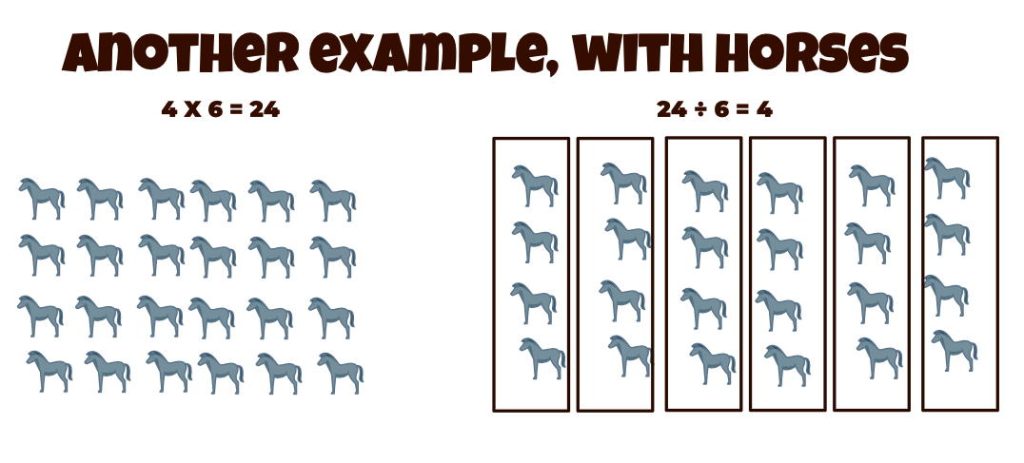I frequently hear from teachers that they would like to use the Making Camp Premium (Ojibwe), Making Camp Lakota or Making Camp Dakota: Past & Present games for the cultural content but the math is below the grade level of their students.
More experienced teachers are often concerned that the mathematics textbooks available for their students do not include enough application of mathematics, or really, anything beyond the most basic level of Bloom’s taxonomy. New teachers are often too busy just getting their lessons prepared, papers graded and managing the classroom to worry about this. Don’t feel bad. We’ve all been there.
This week’s lesson from the Growing Math , Mathematics Assessment and Ojibwe culture, uses Making Camp Premium to teach Ojibwe history/ culture and assess students’ basic math skills and ability to create and apply mathematics at a higher level.
Students play the game, which records their performance on multiplication and simple division problems. This should be easy for middle school students. Most of them should get 100% on the math problems.
The mathematics assignment challenges students to create their own problems.
This is the point where you expect students to ask for examples and three are provided, two of which relate to expressions and equations using exponents and one showing that division is the inverse of multiplication.

For some students, unfortunately, this may be the first time they have ever been asked to reason about mathematics rather than just answer problems posed to them.
The Making Camp Premium game itself has a basic level of mathematics – multiplication and simple division. Students should be able to finish this assignment in 2-3 days. The next game, Making Camp Lakota, should take 1-2 days, using basic division. Again, students are required to come up with problems and activities ABOVE that grade level. The following game can be either Making Camp Dakota: Past & Present or Fish Lake.
Assignments for all of those will be done this week, so follow this blog or sign up for our educator newsletter here.
